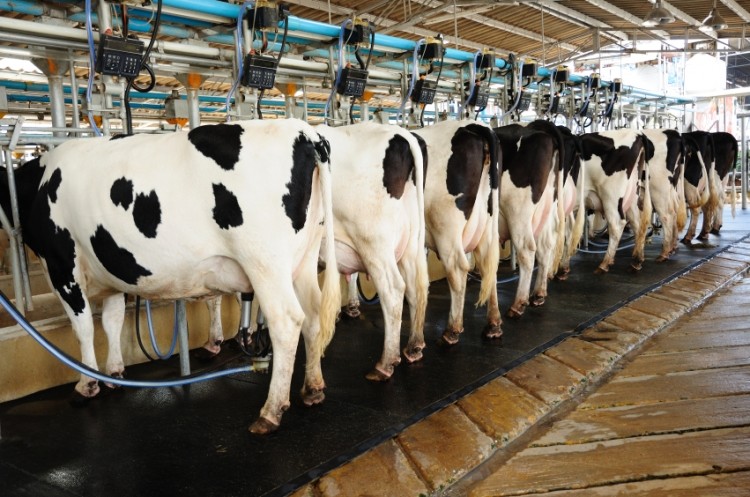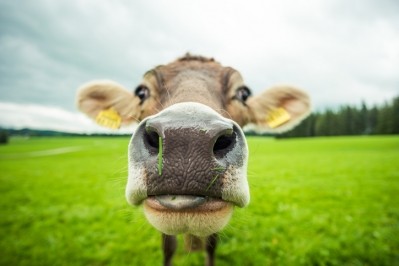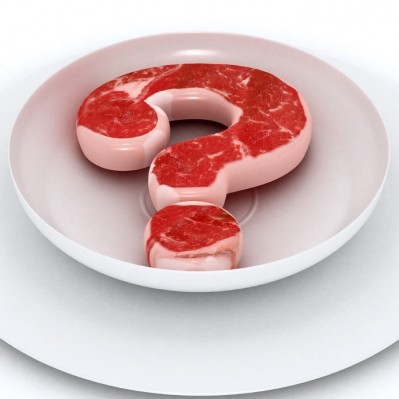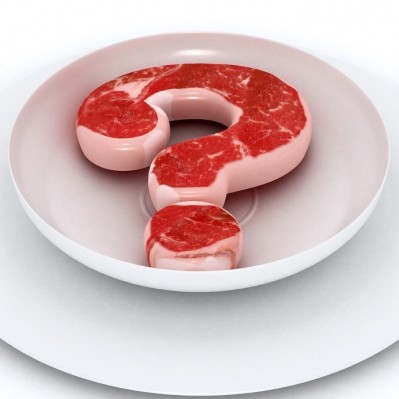Professor Chris Elliott reacts: cow must have been exposed to bone meal 'at some point'
Irish authorities rule out feed cause in confirmed BSE case

Final test results released yesterday by the Department of Agriculture, Food and the Marine (DAFM) verified that it was BSE in the suspected case on a farm in Louth.
“The test results indicate that this is a case of classical BSE. The investigation has confirmed that this is an indigenous case, born and reared in Ireland. The evidence gathered during the investigation does not support the hypothesis that the case has arisen from vertical transmission from dam to off-spring.
Furthermore the evidence gathered supports the view that the feed manufacturing and feed supply chain is well controlled and was not a contributory factor in the epidemiology of the disease in this case,” concluded DAFM’s investigation.
However, Professor Chris Elliott, director of the Institute for Global Food Security at Queen's University in Belfast, told FeedNavigator the affected cow must have been in contact with bone meal at some stage during its early life: "There is no other logical explanation. I agree the evidence shows mother to calf transmission had nothing to do with this BSE case. But there may have been an old batch of bone meal on the premises that the cow was exposed to years before - so the real question is how and why did such exposure happen."
The DAFM report revealed the BSE case was an isolated incident. The investigators said the animal concerned was born on January 2010 on a dairy farm that also had an incidence of BSE in the early 2000s.
The confirmation means that Ireland no longer meets the parameters set out in the World Organization for Animal Health (OIE) code needed to be recognized as a country with negligible risk for BSE.
It is expected that the OIE will reassign ‘controlled risk’ status to Ireland.
The Irish officials said they will share their findings with other countries that have had similar type cases, with a view to further investigating the source.
Epidemiological investigation
In line with normal protocols, DFAM said its probe identified all animals potentially exposed to the BSE agent behind the case – those born and reared on the birth farm one year either side of the birth date of the positive animal, and her progeny.
These have been slaughtered, excluded from the food and feed chains, and tested, said the Department.
The fact the grand-dam of the positive animal was imported does not have any significance in epidemiological terms, it added.
Feeding regime probed
As classical BSE has traditionally been associated with oral exposure to the infective agent, the DAFM said it investigated the feeding regime, including feeds to which the case animal may have had access during its first year of life, and on the manufacturing practices used to produce those.
All feeds used on the farm in the 2009-2010 period were sourced from five licensed suppliers, found the report.
There were no other species on the farm so any mix-up in feed was ruled out and there is no evidence that any of the feed came from unlicensed sources, said the investigators.
“In the 2009 and 2010 period, more than 3,800 feed inspections took place, and almost 2,500 feed samples, including 52 from suppliers to the farm on which the positive case was found, were tested for the presence of processed animal proteins.
All tested negative for meat and bone meal. Test results from feed currently on the farm are also negative,” said the Department.
The possibility of cross contamination at a feed mill was also evaluated. “While there are a number of multispecies feed mills in the country, these premises do not incorporate meat proteins in their products.
There is only one mill in Ireland that is specially approved by DAFM to incorporate fishmeal and/or blood products into animal feed, however that mill is manufacturing feed for pigs only and did not supply this farm. None of the five feed suppliers to the farm are manufacturing pet food containing meat proteins,” continued the report.
No evidence has been found either on the farm or in the mills that supplied the farm, of contamination or the risk of contamination of feed with meat and bone meal, it added.
The identification of classical BSE cases after the implementation of the ban on the feeding of meat and bone meal is not unprecedented, it added. “A diminishing number of such cases have been identified in Ireland and in other countries over the years,” said DAFM.
The DAMF said it is informing the EU Commission and the OIE about the results of its inquiry.
Safety controls
Reacting to the results confirming the BSE case, Irish Farmers’ Association (IFA) president, Eddie Downey, said export and home markets had responded to the news in a calm and balanced manner.
“Consumers can be re-assured about the robustness of the food safety controls in place in Ireland,” he added.







